Knowledge is power. Understand your symptoms, treatment options, and take steps to adjust to life with dementia

Understand and process your feelings

Knowledge is power. Understand your symptoms, treatment options, and take steps to adjust to life with dementia

Understand your type of dementia so you can adjust







Your doctor can advise you on treatments and lifestyle




Some people prefer to have as much information as possible, and others prefer to focus on what they need to know right now. Choose what information you need, and in what form.




Have hope! You can adjust to dementia and continue living your life




Don’t be trapped by stereotypes of dementia




For many people, meeting others living with dementia was a turning point in finding hope







Some people want to know everything about dementia including what will happen in the future. Others don’t want to think about the future yet. Read this page when you’re ready




Many people with dementia are concerned about whether it is a genetic disease, and whether their children or grandchildren are more likely to get dementia




Managing your feelings is a key step in moving forward with dementia




If you’ve just been diagnosed, the idea of having dementia can often be more disabling than your current symptoms of dementia
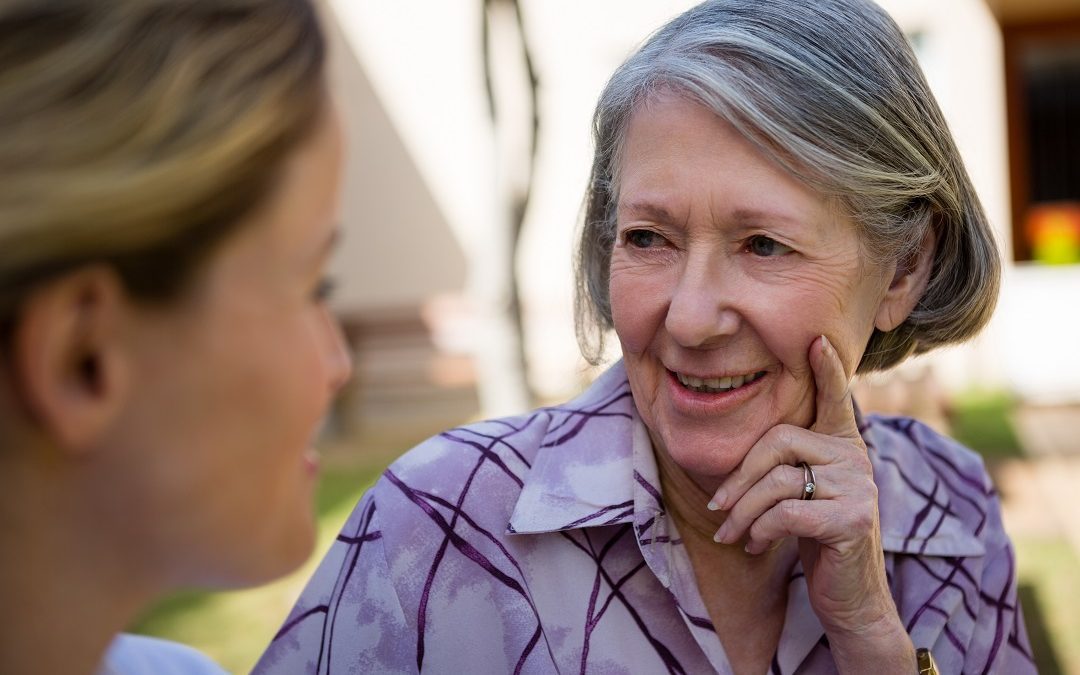






Counselling, support groups and advisors help you come to terms with diagnosis




Be confident and positive, you are not your dementia




Techniques to boost self-image and challenge self-stigma




Get treatments for your mental health




Your diagnosis affects others. Share your diagnosis and move forward with dementia together
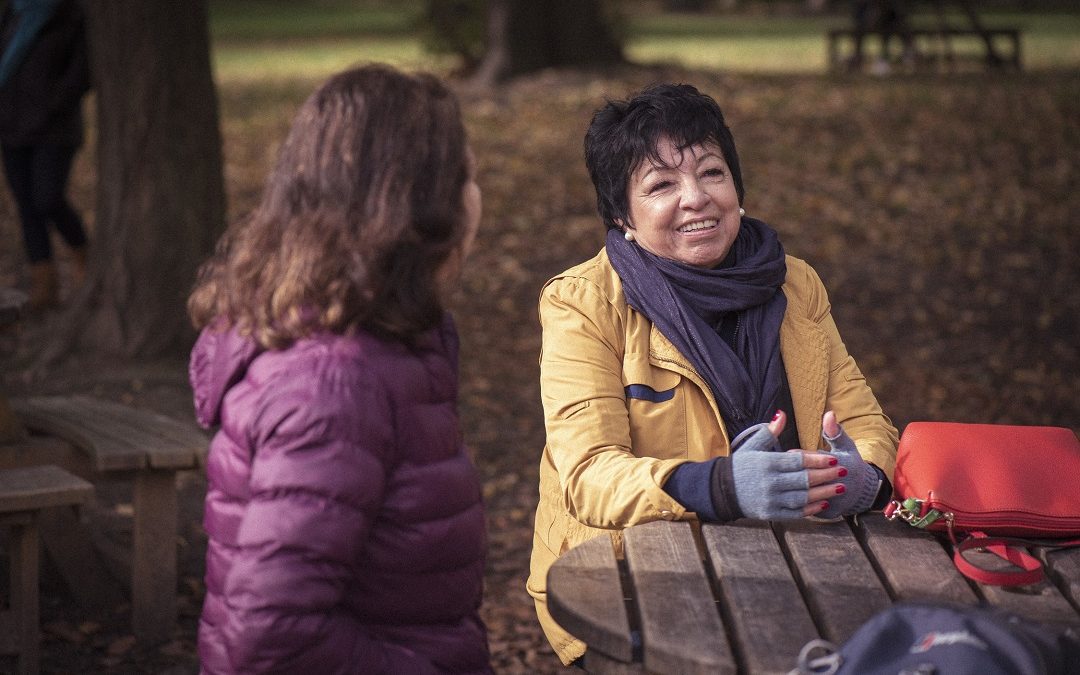



You are in control of who you tell your diagnosis to, how you tell them, and when you tell them




Start by telling the people you feel closest to







Share your dementia diagnosis with other health professionals and be assertive about getting therapy




Depending on your work role, you may be able to continue working or make adjustments to your role




Strategies for when others treat you differently because you have dementia




Be assertive telling others how you do and don’t want to be treated




Live a meaningful life with dementia with the help of strategies and therapies




Difficulties with memory or thinking are defining features of having dementia and make it harder for people with dementia to go about their lives




Many people use strategies to help with their memory and thinking. Here are some strategies that people with dementia use







Therapies including medication, brain training, cognitive rehabilitation and cognitive stimulation therapy to help with memory and thinking difficulties




When people are told they have dementia, they often worry about whether they will be allowed to drive, or whether they should still drive




People with dementia use a range of strategies and different travel options to get to the places they need to go







If you can no longer drive, there are Government programs that provide taxi subsidies and community transport options




It’s often harder to get out of the house and do things with dementia







People with dementia share their strategies to overcome difficulties when out and about




At dementia friendly groups or activities, people are more accepting of your symptoms







Speech and occupational therapy help you undertake day-to-day activities and maintain your independence




There are things you can do to help your daily activities and reduce the risk of an accident




Strategies used by people with dementia to overcome difficulties and keep safe at home




Occupational therapists can help you overcome difficulties and identify home modifications to keep you safe at home










Cleaners, gardeners and handymen can do jobs that might be difficult or dangerous for you




Keep physically healthy to improve your quality of life




Exercise can help to improve or maintain memory, thinking, and the daily function of people with dementia




Try to eat fresh, healthy food which includes lots of fruits and vegetables as your brain will work best with this fuel




With dementia, even doing usual activities can be mentally tiring
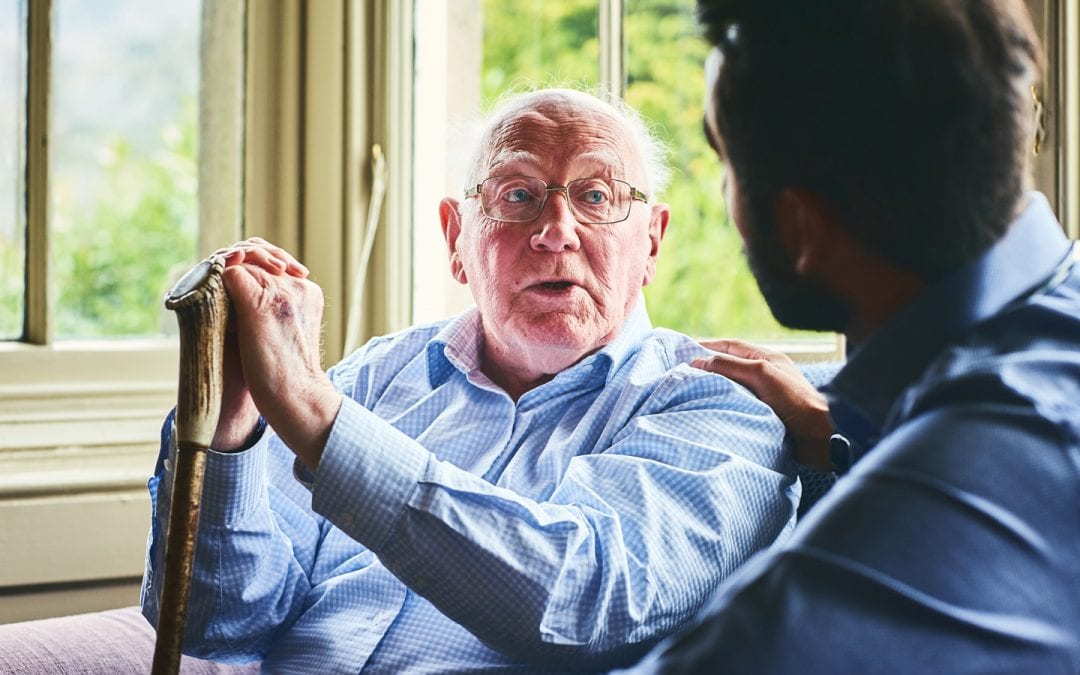



If your overall health is well managed, your brain health will benefit




There is a strong link between your mental health, mood and how well your brain is working




People with dementia can grow new brain cells and connections




Keep spending time with friends




A local group or club is a great way of socialising and meeting new people







Your life plan is flexible. As things change in your life, your plan might need to change
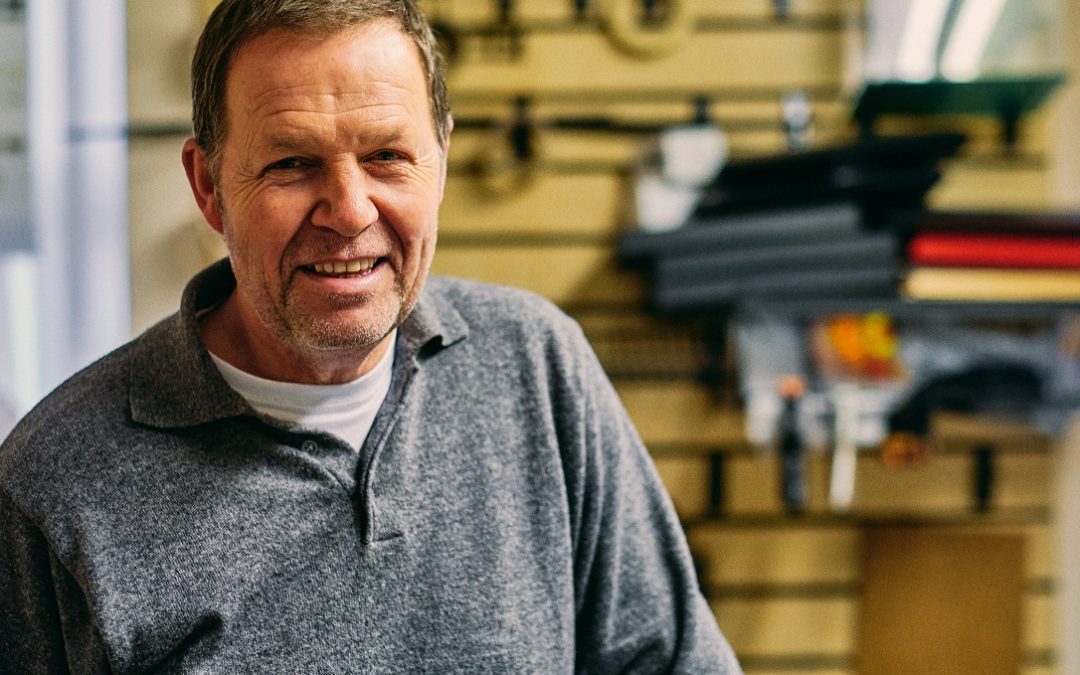






Once you have your life plan, put it into action. Things won’t always go to plan, so adjust and adapt along the way










Services help you maintain independence and provide practical and emotional support to improve your wellbeing
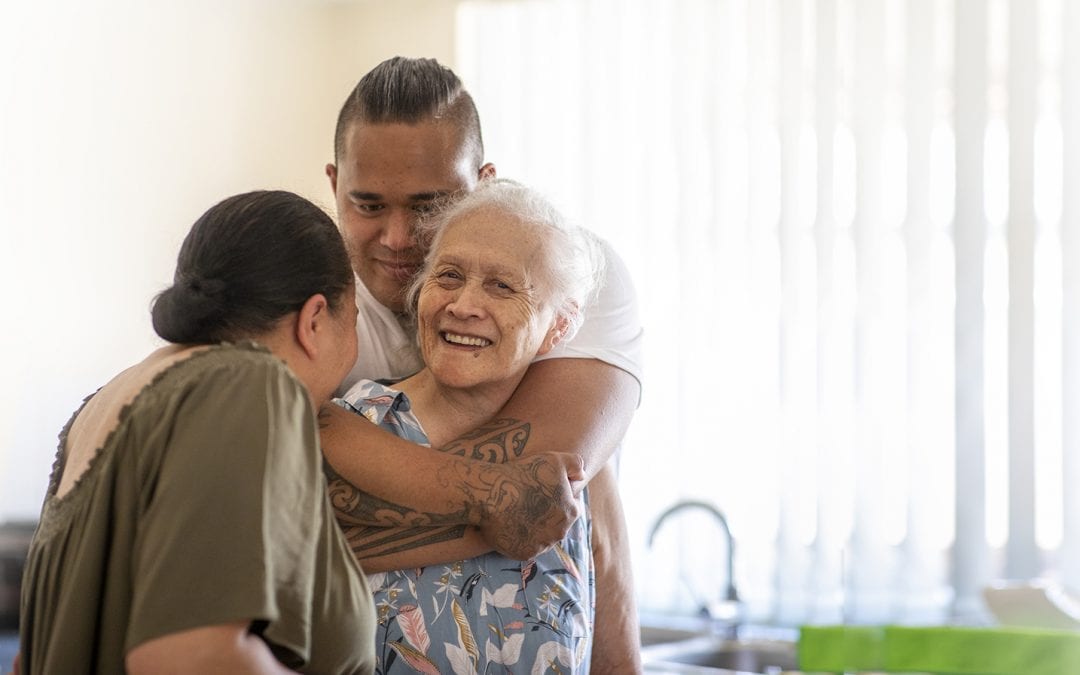



Talking to your family means that they know what your future wishes are







Organising enduring power of attorney, enduring guardianship and an advance care plan ensures your wishes will be undertaken in the future




Express your wishes for the future through your will, enduring power of attorney, enduring guardianship







Put financial plans in place so you can be involved in decisions about future care needs







Get important documents in one safe place and make sure people you trust know where they are




Caring for, or supporting, someone with a dementia diagnosis is not easy. Understanding more about dementia can help you better prepare and adjust to life with dementia







Getting information and understanding the specific type of dementia can help you better prepare and adjust to life with dementia




Make a follow-up appointment with the doctor to find out more and ask questions







Choose what information you need, and in what form. Some people are happy reading on the computer, some like videos, others like printed brochures or books




Life with dementia, despite the challenges, can be meaningful and even bring surprising rewards




Many people with dementia do a lot for themselves and for others and are in control of their lives, even if they get help for some tasks




Learning how others have adjusted and moved forward with dementia give a sense of hope







Dementia mostly progresses slowly but the progress differs for each person




Support is out there, it is how you use it that is important




Plan to have (and use) the right supports, and ensure that you do not become exhausted by your caring responsibilities




Many families want to know about the risk of inheriting dementia or ‘passing it on’ to children or grandchildren




Carers describe strong emotional reactions to being told the diagnosis




Expressing, talking through and accepting your feelings about the dementia diagnosis




Sometimes intense feelings last for a long time and don’t seem to resolve




Plan ahead to help avoid becoming depressed, and feel more in control




Open and honest sharing can help you express your feelings and support each other




Sharing the diagnosis helps you to come to terms with it, and ultimately, get the support you need




Other carers describe a range of reactions by family and friends when they tell them about the diagnosis




Sharing the diagnosis helps you to come to terms with it, others to understand and ultimately, get the support you need







It is helpful for professionals who provide you with services to know that the person has a dementia diagnosis




You may need workplace changes so you can provide the sort of support you want to give




Strategies for when others treat you differently because of dementia




Some health professionals may not have much experience with dementia




Caring for a person with dementia takes time and energy. As a carer, you will need support yourself




Memory and thinking difficulties are common to dementia, but don’t have to define your life




Strategies, therapies and medications to help with memory and thinking difficulties




Cognitive stimulation, cognitive training and cognitive rehabilitation
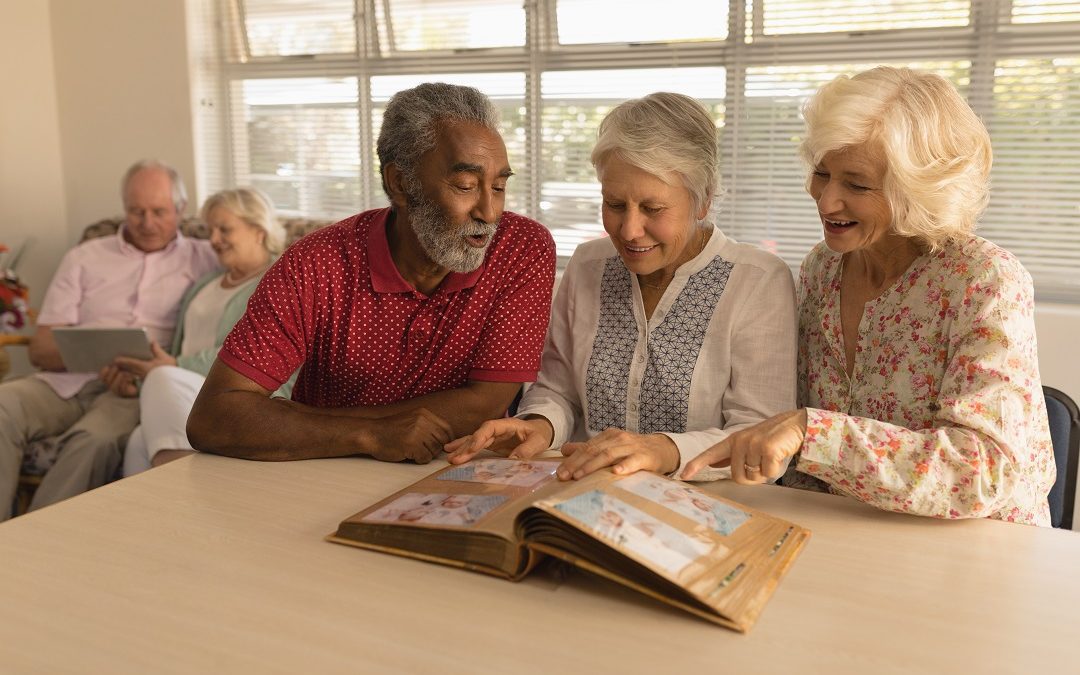



Dementia makes it harder to learn new things but people with dementia can develop new habits




Sometimes dementia damages the part of the brain that interprets information from the senses




Strategies that reduce anxiety for people with dementia
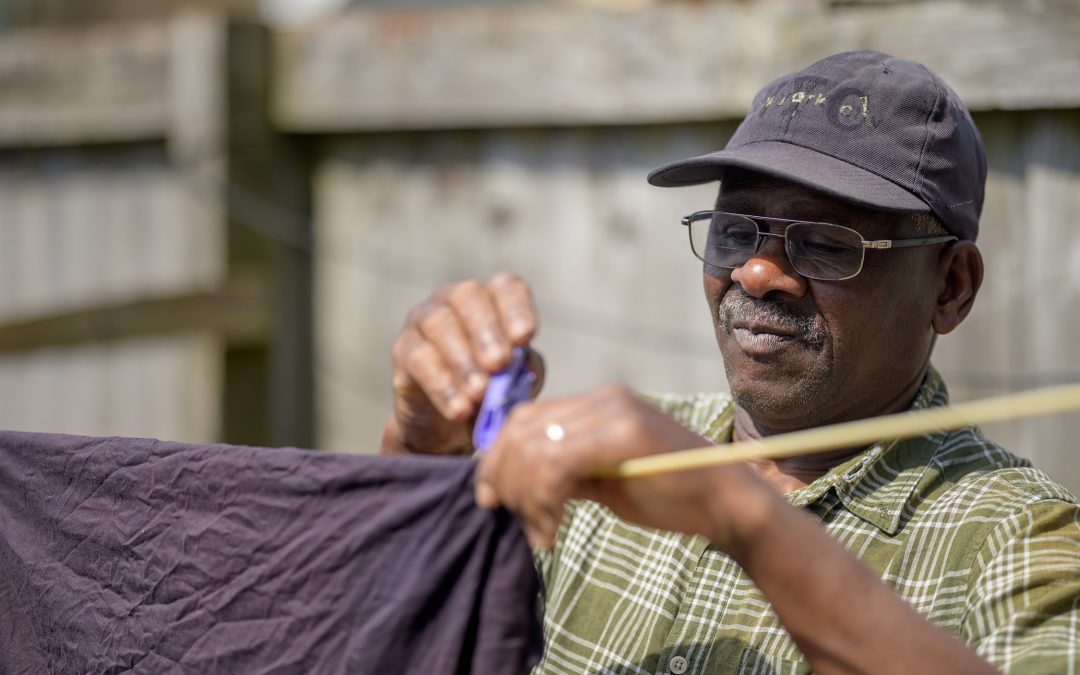



Strategies to help maintain focus and stay on task




Setting up a task and providing encouragement can help the person maintain a skill and preserve their self-esteem
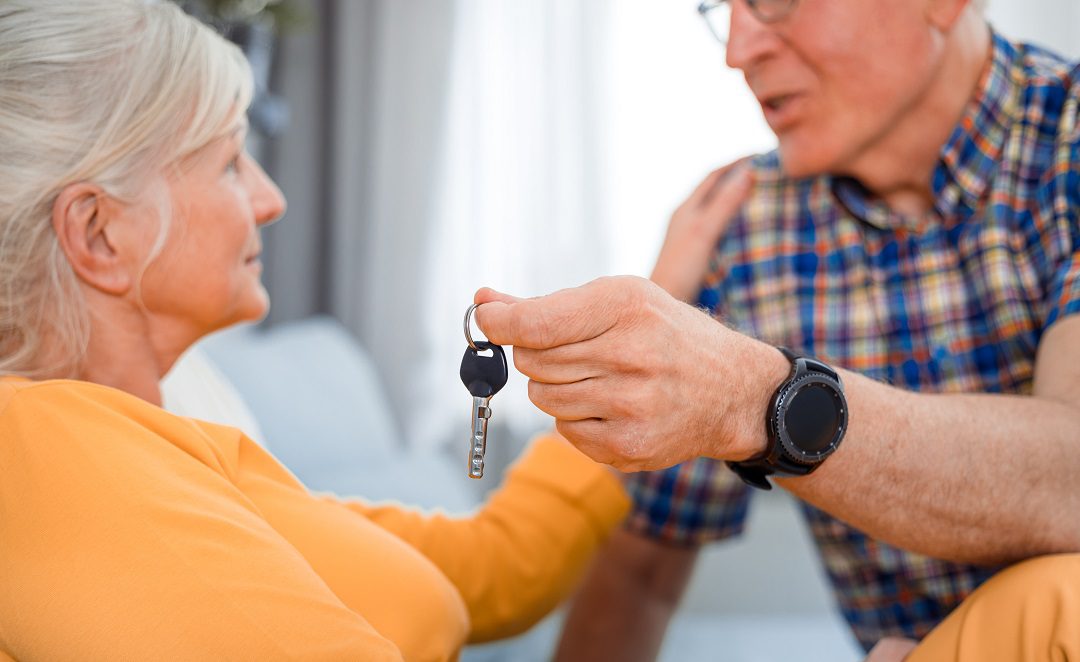



It is not always necessary to give up driving after a diagnosis but the driving authority and insurer must be informed




Start discussions as early as possible and get professional support if needed







Tax subsidies, community transport and other strategies when the person you support stops driving







Supporting someone with socialising and activities outside the home







Supporting someone with socialising and doing activities outside the home




Considerations for living at home or moving into a retirement village




A few key changes in the home will support people with dementia to function better







Use products that help people with dementia stay connected and safe




Use services to ensure the person you support can keep living successfully at home




Look after your physical, mental and emotional health, it will help you both move forward




Exercise can help to improve or maintain memory, thinking, and daily function




Eating well is important as diet has a big impact on brain health, energy levels and mood for you and the person you support




As we get older, we all experience changes to our sleep patterns




Avoid carer burnout. Prioritise taking breaks that will ‘recharge your batteries’




There is a strong link between your mental health, mood and how well your brain is working




Self-care is an investment in your own mental health and helps you move forward in supporting someone with dementia







Make a life plan and put it into action to help you move forward







Creating a life plan is a series of steps




Things won’t always go to plan, so adjust and adapt along the way










Learning about services and getting them in place for you and the person you support is an important part of moving forward







There are services for the person with dementia and for carers







This page on government services through My Aged Care is for people 65 years or over




The NDIS funds services to enable the person with younger onset dementia to live their daily lives







These might offer an array of services, groups and activities
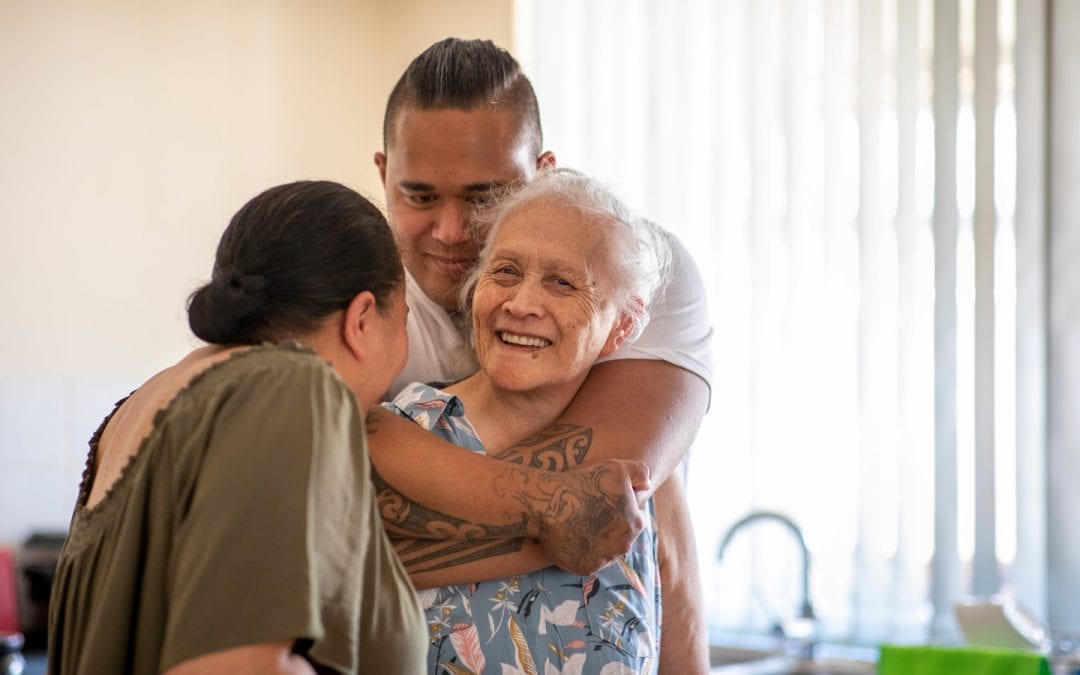



For the person with dementia, there will come a time when it will be difficult for them to express their wishes so it is important to have plans for the future in place







There may come a time for all of us when we can’t make decisions about medical or health care, or lifestyle decisions, such as whether to move to residential care




Power of attorney, protection from financial abuse and preparing will(s)







Get important documents in one safe place and make sure people you trust know where they are




People living with dementia may not cope as well with sudden changes of routine or find the added stress of an emergency very distressing







The way you tell someone they have dementia impacts on how they and their families accept, adjust and move forward with managing their diagnosis







The Australian Dementia Clinical Practice Guidelines recommend that every person with dementia has a care plan. Note there is also a Consumer Companion Guide to support this document. A comprehensive dementia care plan should be developed with input from the person...




Download and print what you need for your practice




These tools and resources are featured within information pages throughout the Forward with Dementia website.Questions to ask your doctor Download or print this list of possible questions to ask your doctor so you can take them to your next appointment. People living...




Shared care pathways for people living with dementia in the community

Knowledge is power. Understand your symptoms, treatment options, and take steps to adjust to life with dementia




Understand your type of dementia so you can adjust







Your doctor can advise you on treatments and lifestyle




Some people prefer to have as much information as possible, and others prefer to focus on what they need to know right now. Choose what information you need, and in what form.




Have hope! You can adjust to dementia and continue living your life




Don’t be trapped by stereotypes of dementia




For many people, meeting others living with dementia was a turning point in finding hope







Some people want to know everything about dementia including what will happen in the future. Others don’t want to think about the future yet. Read this page when you’re ready




Many people with dementia are concerned about whether it is a genetic disease, and whether their children or grandchildren are more likely to get dementia




Managing your feelings is a key step in moving forward with dementia




If you’ve just been diagnosed, the idea of having dementia can often be more disabling than your current symptoms of dementia







Counselling, support groups and advisors help you come to terms with diagnosis




Be confident and positive, you are not your dementia




Techniques to boost self-image and challenge self-stigma




Get treatments for your mental health




Your diagnosis affects others. Share your diagnosis and move forward with dementia together




You are in control of who you tell your diagnosis to, how you tell them, and when you tell them




Start by telling the people you feel closest to







Share your dementia diagnosis with other health professionals and be assertive about getting therapy




Depending on your work role, you may be able to continue working or make adjustments to your role




Strategies for when others treat you differently because you have dementia




Be assertive telling others how you do and don’t want to be treated




Live a meaningful life with dementia with the help of strategies and therapies




Difficulties with memory or thinking are defining features of having dementia and make it harder for people with dementia to go about their lives




Many people use strategies to help with their memory and thinking. Here are some strategies that people with dementia use







Therapies including medication, brain training, cognitive rehabilitation and cognitive stimulation therapy to help with memory and thinking difficulties




When people are told they have dementia, they often worry about whether they will be allowed to drive, or whether they should still drive




People with dementia use a range of strategies and different travel options to get to the places they need to go







If you can no longer drive, there are Government programs that provide taxi subsidies and community transport options




It’s often harder to get out of the house and do things with dementia







People with dementia share their strategies to overcome difficulties when out and about




At dementia friendly groups or activities, people are more accepting of your symptoms







Speech and occupational therapy help you undertake day-to-day activities and maintain your independence




There are things you can do to help your daily activities and reduce the risk of an accident




Strategies used by people with dementia to overcome difficulties and keep safe at home




Occupational therapists can help you overcome difficulties and identify home modifications to keep you safe at home










Cleaners, gardeners and handymen can do jobs that might be difficult or dangerous for you




Keep physically healthy to improve your quality of life




Exercise can help to improve or maintain memory, thinking, and the daily function of people with dementia




Try to eat fresh, healthy food which includes lots of fruits and vegetables as your brain will work best with this fuel




With dementia, even doing usual activities can be mentally tiring




If your overall health is well managed, your brain health will benefit




There is a strong link between your mental health, mood and how well your brain is working




People with dementia can grow new brain cells and connections




Keep spending time with friends




A local group or club is a great way of socialising and meeting new people







Your life plan is flexible. As things change in your life, your plan might need to change







Once you have your life plan, put it into action. Things won’t always go to plan, so adjust and adapt along the way










Services help you maintain independence and provide practical and emotional support to improve your wellbeing




Talking to your family means that they know what your future wishes are







Organising enduring power of attorney, enduring guardianship and an advance care plan ensures your wishes will be undertaken in the future




Express your wishes for the future through your will, enduring power of attorney, enduring guardianship







Put financial plans in place so you can be involved in decisions about future care needs







Get important documents in one safe place and make sure people you trust know where they are




Caring for, or supporting, someone with a dementia diagnosis is not easy. Understanding more about dementia can help you better prepare and adjust to life with dementia







Getting information and understanding the specific type of dementia can help you better prepare and adjust to life with dementia




Make a follow-up appointment with the doctor to find out more and ask questions







Choose what information you need, and in what form. Some people are happy reading on the computer, some like videos, others like printed brochures or books




Life with dementia, despite the challenges, can be meaningful and even bring surprising rewards




Many people with dementia do a lot for themselves and for others and are in control of their lives, even if they get help for some tasks




Learning how others have adjusted and moved forward with dementia give a sense of hope







Dementia mostly progresses slowly but the progress differs for each person




Support is out there, it is how you use it that is important




Plan to have (and use) the right supports, and ensure that you do not become exhausted by your caring responsibilities




Many families want to know about the risk of inheriting dementia or ‘passing it on’ to children or grandchildren




Carers describe strong emotional reactions to being told the diagnosis




Expressing, talking through and accepting your feelings about the dementia diagnosis




Sometimes intense feelings last for a long time and don’t seem to resolve




Plan ahead to help avoid becoming depressed, and feel more in control




Open and honest sharing can help you express your feelings and support each other




Sharing the diagnosis helps you to come to terms with it, and ultimately, get the support you need




Other carers describe a range of reactions by family and friends when they tell them about the diagnosis




Sharing the diagnosis helps you to come to terms with it, others to understand and ultimately, get the support you need







It is helpful for professionals who provide you with services to know that the person has a dementia diagnosis




You may need workplace changes so you can provide the sort of support you want to give




Strategies for when others treat you differently because of dementia




Some health professionals may not have much experience with dementia




Caring for a person with dementia takes time and energy. As a carer, you will need support yourself




Memory and thinking difficulties are common to dementia, but don’t have to define your life




Strategies, therapies and medications to help with memory and thinking difficulties




Cognitive stimulation, cognitive training and cognitive rehabilitation




Dementia makes it harder to learn new things but people with dementia can develop new habits




Sometimes dementia damages the part of the brain that interprets information from the senses




Strategies that reduce anxiety for people with dementia




Strategies to help maintain focus and stay on task




Setting up a task and providing encouragement can help the person maintain a skill and preserve their self-esteem




It is not always necessary to give up driving after a diagnosis but the driving authority and insurer must be informed




Start discussions as early as possible and get professional support if needed







Tax subsidies, community transport and other strategies when the person you support stops driving







Supporting someone with socialising and activities outside the home







Supporting someone with socialising and doing activities outside the home




Considerations for living at home or moving into a retirement village




A few key changes in the home will support people with dementia to function better







Use products that help people with dementia stay connected and safe




Use services to ensure the person you support can keep living successfully at home




Look after your physical, mental and emotional health, it will help you both move forward




Exercise can help to improve or maintain memory, thinking, and daily function




Eating well is important as diet has a big impact on brain health, energy levels and mood for you and the person you support




As we get older, we all experience changes to our sleep patterns




Avoid carer burnout. Prioritise taking breaks that will ‘recharge your batteries’




There is a strong link between your mental health, mood and how well your brain is working




Self-care is an investment in your own mental health and helps you move forward in supporting someone with dementia







Make a life plan and put it into action to help you move forward







Creating a life plan is a series of steps




Things won’t always go to plan, so adjust and adapt along the way










Learning about services and getting them in place for you and the person you support is an important part of moving forward







There are services for the person with dementia and for carers







This page on government services through My Aged Care is for people 65 years or over




The NDIS funds services to enable the person with younger onset dementia to live their daily lives







These might offer an array of services, groups and activities




For the person with dementia, there will come a time when it will be difficult for them to express their wishes so it is important to have plans for the future in place







There may come a time for all of us when we can’t make decisions about medical or health care, or lifestyle decisions, such as whether to move to residential care




Power of attorney, protection from financial abuse and preparing will(s)







Get important documents in one safe place and make sure people you trust know where they are




People living with dementia may not cope as well with sudden changes of routine or find the added stress of an emergency very distressing







The way you tell someone they have dementia impacts on how they and their families accept, adjust and move forward with managing their diagnosis







The Australian Dementia Clinical Practice Guidelines recommend that every person with dementia has a care plan. Note there is also a Consumer Companion Guide to support this document. A comprehensive dementia care plan should be developed with input from the person...




Download and print what you need for your practice




These tools and resources are featured within information pages throughout the Forward with Dementia website.Questions to ask your doctor Download or print this list of possible questions to ask your doctor so you can take them to your next appointment. People living...




Shared care pathways for people living with dementia in the community

Knowledge is power. Understand your symptoms, treatment options, and take steps to adjust to life with dementia




Understand your type of dementia so you can adjust







Your doctor can advise you on treatments and lifestyle




Some people prefer to have as much information as possible, and others prefer to focus on what they need to know right now. Choose what information you need, and in what form.




Have hope! You can adjust to dementia and continue living your life




Don’t be trapped by stereotypes of dementia




For many people, meeting others living with dementia was a turning point in finding hope







Some people want to know everything about dementia including what will happen in the future. Others don’t want to think about the future yet. Read this page when you’re ready




Many people with dementia are concerned about whether it is a genetic disease, and whether their children or grandchildren are more likely to get dementia




Managing your feelings is a key step in moving forward with dementia




If you’ve just been diagnosed, the idea of having dementia can often be more disabling than your current symptoms of dementia







Counselling, support groups and advisors help you come to terms with diagnosis




Be confident and positive, you are not your dementia




Techniques to boost self-image and challenge self-stigma




Get treatments for your mental health




Your diagnosis affects others. Share your diagnosis and move forward with dementia together




You are in control of who you tell your diagnosis to, how you tell them, and when you tell them




Start by telling the people you feel closest to







Share your dementia diagnosis with other health professionals and be assertive about getting therapy




Depending on your work role, you may be able to continue working or make adjustments to your role




Strategies for when others treat you differently because you have dementia




Be assertive telling others how you do and don’t want to be treated




Live a meaningful life with dementia with the help of strategies and therapies




Difficulties with memory or thinking are defining features of having dementia and make it harder for people with dementia to go about their lives




Many people use strategies to help with their memory and thinking. Here are some strategies that people with dementia use







Therapies including medication, brain training, cognitive rehabilitation and cognitive stimulation therapy to help with memory and thinking difficulties




When people are told they have dementia, they often worry about whether they will be allowed to drive, or whether they should still drive




People with dementia use a range of strategies and different travel options to get to the places they need to go







If you can no longer drive, there are Government programs that provide taxi subsidies and community transport options




It’s often harder to get out of the house and do things with dementia







People with dementia share their strategies to overcome difficulties when out and about




At dementia friendly groups or activities, people are more accepting of your symptoms







Speech and occupational therapy help you undertake day-to-day activities and maintain your independence




There are things you can do to help your daily activities and reduce the risk of an accident




Strategies used by people with dementia to overcome difficulties and keep safe at home




Occupational therapists can help you overcome difficulties and identify home modifications to keep you safe at home










Cleaners, gardeners and handymen can do jobs that might be difficult or dangerous for you




Keep physically healthy to improve your quality of life




Exercise can help to improve or maintain memory, thinking, and the daily function of people with dementia




Try to eat fresh, healthy food which includes lots of fruits and vegetables as your brain will work best with this fuel




With dementia, even doing usual activities can be mentally tiring




If your overall health is well managed, your brain health will benefit




There is a strong link between your mental health, mood and how well your brain is working




People with dementia can grow new brain cells and connections




Keep spending time with friends




A local group or club is a great way of socialising and meeting new people







Your life plan is flexible. As things change in your life, your plan might need to change







Once you have your life plan, put it into action. Things won’t always go to plan, so adjust and adapt along the way










Services help you maintain independence and provide practical and emotional support to improve your wellbeing




Talking to your family means that they know what your future wishes are







Organising enduring power of attorney, enduring guardianship and an advance care plan ensures your wishes will be undertaken in the future




Express your wishes for the future through your will, enduring power of attorney, enduring guardianship







Put financial plans in place so you can be involved in decisions about future care needs







Get important documents in one safe place and make sure people you trust know where they are




Caring for, or supporting, someone with a dementia diagnosis is not easy. Understanding more about dementia can help you better prepare and adjust to life with dementia







Getting information and understanding the specific type of dementia can help you better prepare and adjust to life with dementia




Make a follow-up appointment with the doctor to find out more and ask questions







Choose what information you need, and in what form. Some people are happy reading on the computer, some like videos, others like printed brochures or books




Life with dementia, despite the challenges, can be meaningful and even bring surprising rewards




Many people with dementia do a lot for themselves and for others and are in control of their lives, even if they get help for some tasks




Learning how others have adjusted and moved forward with dementia give a sense of hope







Dementia mostly progresses slowly but the progress differs for each person




Support is out there, it is how you use it that is important




Plan to have (and use) the right supports, and ensure that you do not become exhausted by your caring responsibilities




Many families want to know about the risk of inheriting dementia or ‘passing it on’ to children or grandchildren




Carers describe strong emotional reactions to being told the diagnosis




Expressing, talking through and accepting your feelings about the dementia diagnosis




Sometimes intense feelings last for a long time and don’t seem to resolve




Plan ahead to help avoid becoming depressed, and feel more in control




Open and honest sharing can help you express your feelings and support each other




Sharing the diagnosis helps you to come to terms with it, and ultimately, get the support you need




Other carers describe a range of reactions by family and friends when they tell them about the diagnosis




Sharing the diagnosis helps you to come to terms with it, others to understand and ultimately, get the support you need







It is helpful for professionals who provide you with services to know that the person has a dementia diagnosis




You may need workplace changes so you can provide the sort of support you want to give




Strategies for when others treat you differently because of dementia




Some health professionals may not have much experience with dementia




Caring for a person with dementia takes time and energy. As a carer, you will need support yourself




Memory and thinking difficulties are common to dementia, but don’t have to define your life




Strategies, therapies and medications to help with memory and thinking difficulties




Cognitive stimulation, cognitive training and cognitive rehabilitation




Dementia makes it harder to learn new things but people with dementia can develop new habits




Sometimes dementia damages the part of the brain that interprets information from the senses




Strategies that reduce anxiety for people with dementia




Strategies to help maintain focus and stay on task




Setting up a task and providing encouragement can help the person maintain a skill and preserve their self-esteem




It is not always necessary to give up driving after a diagnosis but the driving authority and insurer must be informed




Start discussions as early as possible and get professional support if needed







Tax subsidies, community transport and other strategies when the person you support stops driving







Supporting someone with socialising and activities outside the home







Supporting someone with socialising and doing activities outside the home




Considerations for living at home or moving into a retirement village




A few key changes in the home will support people with dementia to function better







Use products that help people with dementia stay connected and safe




Use services to ensure the person you support can keep living successfully at home




Look after your physical, mental and emotional health, it will help you both move forward




Exercise can help to improve or maintain memory, thinking, and daily function




Eating well is important as diet has a big impact on brain health, energy levels and mood for you and the person you support




As we get older, we all experience changes to our sleep patterns




Avoid carer burnout. Prioritise taking breaks that will ‘recharge your batteries’




There is a strong link between your mental health, mood and how well your brain is working




Self-care is an investment in your own mental health and helps you move forward in supporting someone with dementia







Make a life plan and put it into action to help you move forward







Creating a life plan is a series of steps




Things won’t always go to plan, so adjust and adapt along the way










Learning about services and getting them in place for you and the person you support is an important part of moving forward







There are services for the person with dementia and for carers







This page on government services through My Aged Care is for people 65 years or over




The NDIS funds services to enable the person with younger onset dementia to live their daily lives







These might offer an array of services, groups and activities




For the person with dementia, there will come a time when it will be difficult for them to express their wishes so it is important to have plans for the future in place







There may come a time for all of us when we can’t make decisions about medical or health care, or lifestyle decisions, such as whether to move to residential care




Power of attorney, protection from financial abuse and preparing will(s)







Get important documents in one safe place and make sure people you trust know where they are




People living with dementia may not cope as well with sudden changes of routine or find the added stress of an emergency very distressing







The way you tell someone they have dementia impacts on how they and their families accept, adjust and move forward with managing their diagnosis







The Australian Dementia Clinical Practice Guidelines recommend that every person with dementia has a care plan. Note there is also a Consumer Companion Guide to support this document. A comprehensive dementia care plan should be developed with input from the person...




Download and print what you need for your practice




These tools and resources are featured within information pages throughout the Forward with Dementia website.Questions to ask your doctor Download or print this list of possible questions to ask your doctor so you can take them to your next appointment. People living...




Shared care pathways for people living with dementia in the community